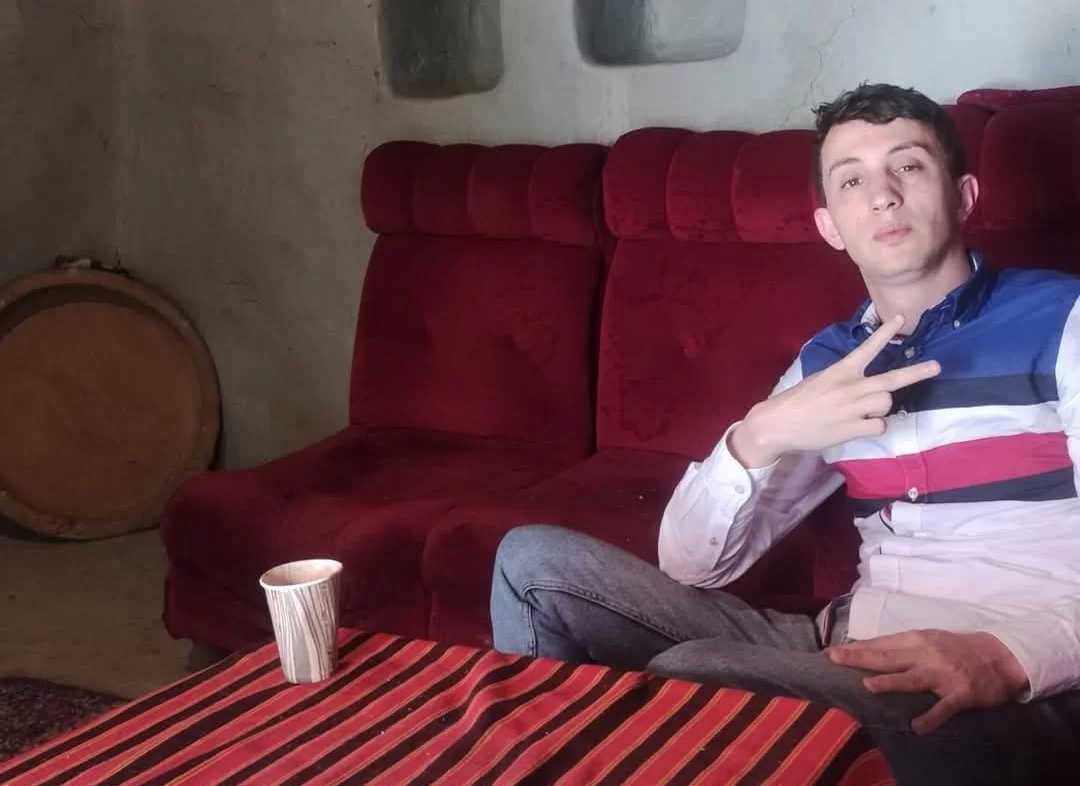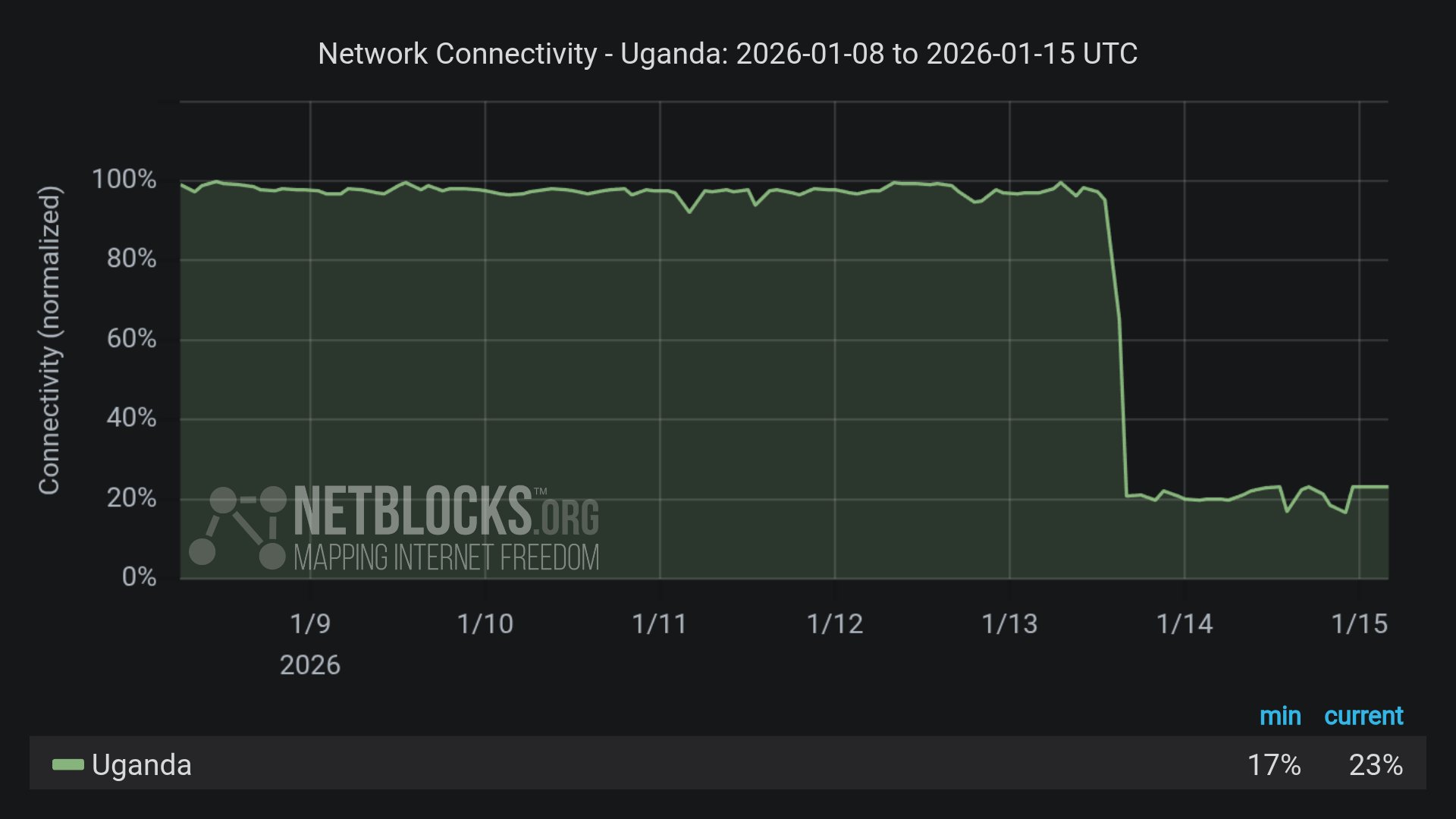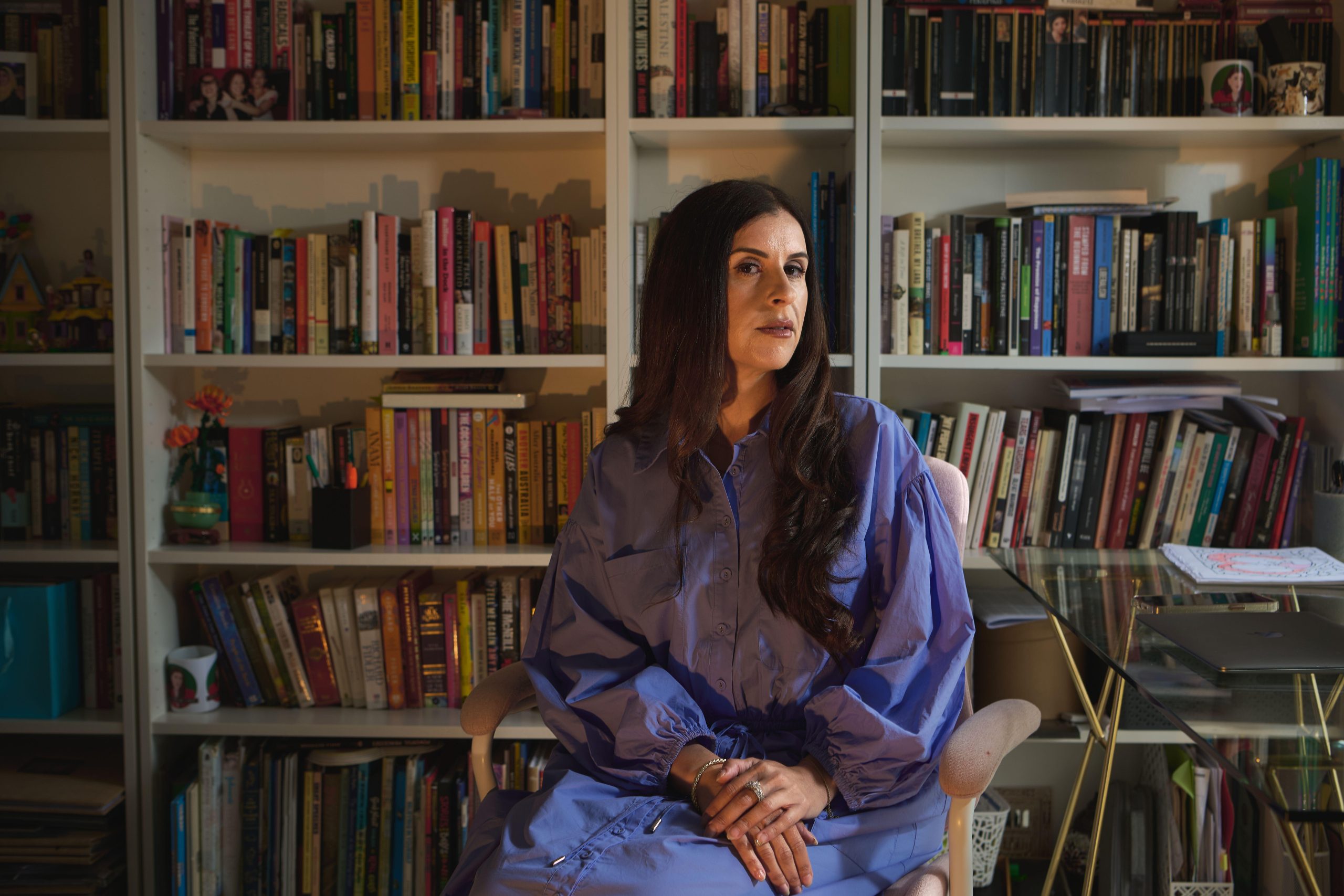In Algeria a young poet languishes in jail threatened with the death penalty. His name is Mohamed Tadjadit and he was announced on Wednesday as our 2025 Freedom of Expression Arts Award winner.
Tadjadit, 31, was catapulted to prominence during Algeria’s Hirak (which translates in English as movement), the mass uprising that began in 2019 in opposition to Abdelaziz Bouteflika’s bid for a fifth presidential term. At the time Tadjadit was working as a fruit seller in Algiers. Then, as millions peacefully filled the streets demanding democratic change and accountability, Tadjadit stood among them, reciting poetry publicly. He shared his work in darija (Algerian Arabic). His words were raw and rooted in social reality and they became a rallying cry for a people striving for freedom. Tadjadit gained a moniker – the “poet of the Hirak” – and emerged as one of the most recognisable artists of the movement.
But the Hirak didn’t last. While the movement was initially distinguished by both its persistence and its scale, it was paused during the global pandemic and then crushed by the state: Algerian authorities embarked on a coordinated campaign of arrests and repression. And amongst those they turned on was Tadjadit. Between 2019 and 2025, he was imprisoned at least six times. Last January he was sentenced to five years; on appeal, this was reduced to one. Then, on 11 November this year, he received another five-year sentence on a new set of charges. At a trial scheduled for 30 November, he faces an additional charge that carries the death penalty. He’s now on hunger strike.
It’s never easy choosing a winner for any of the Index on Censorship awards – everyone on the shortlist, and the longlist too, has done something astonishing. Read about them here and the report in The Times whose parent company News UK is a sponsor. But Tadjadit’s case is particularly alarming and urgent, and his persecution is far-reaching: millions in Algeria heard his words and were inspired. That’s why the Algerian authorities want him silenced.
Index was created after Stephen Spender, a poet himself, read a plea in The Times from persecuted Soviet intellectuals. Their message was simple: treat our suffering as your own. We answered the call then, and we answer it now. Tadjadit might be thousands of miles away but his plight still matters, and we’ll do everything we can to end this injustice.






